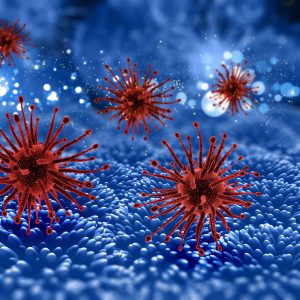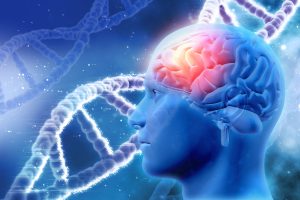By Dr. Manidipa Majumdar, Consultant Interventional Cardiologist, Prakriya Hospital, Bangalore
Heart failure is a common but often misunderstood condition. It doesn’t mean that the heart has stopped working — rather, the heart isn’t able to pump blood as efficiently as it should. This can lead to tiredness, breathlessness, and fluid buildup in the body. With timely diagnosis, proper lifestyle changes, medicines, and sometimes advanced treatments, most people can live fuller, more active lives.
Common Causes of Heart Failure
Heart failure can develop from various heart or systemic conditions. The most frequent causes include:
- Coronary artery disease (blockages in the heart arteries leading to heart attacks)
- Long-standing high blood pressure (hypertension)
- Heart valve diseases
- Cardiomyopathies (diseases of the heart muscle)
- Diabetes and thyroid disorders
- Excessive alcohol intake or substance abuse.
Recognizing the Symptoms
Heart failure can develop gradually, so early signs should not be ignored. Common symptoms include:
- Shortness of breath during activity or while lying down
- Swelling of feet, legs, or abdomen
- Unusual tiredness or fatigue
- Persistent cough, often worse at night
- Rapid or irregular heartbeat
- Sudden weight gain due to fluid retention
If you or a loved one experience these symptoms, consult a cardiologist for timely evaluation.
How Common is Heart Failure in India?
Heart failure affects an estimated 8–10 million people in India, with nearly 1 million new cases every year. Unfortunately, the condition carries a high mortality rate, especially when diagnosed late or not adequately treated. Early recognition and comprehensive management can significantly improve survival and quality of life.
Treatment: Beyond Medicines
While medicines form the foundation of heart failure treatment, long-term control depends on a combination of medical therapy, lifestyle management, and—when necessary—advanced procedures.
1. Lifestyle and Self-Care
- Monitor salt and water intake as advised by your doctor. Excess salt or fluid can worsen swelling and breathlessness.
- Maintain a healthy weight and record daily weights to detect fluid buildup early.
- Exercise regularly under medical supervision. Graded walking or cardiac rehabilitation can strengthen the heart.
- Eat a nutritious diet rich in proteins, vegetables, and fruits. Avoid processed and fried
- foods.
- Avoid smoking and limit alcohol, both of which can worsen heart muscle weakness.
- Control blood pressure, diabetes, and cholesterol strictly to prevent further heart damage.
- Correct iron deficiency, which is common in heart failure and can worsen fatigue.
- Follow prescriptions faithfully—take medicines in the exact dose and schedule advised.
- Regular follow-up visits—see your cardiologist at least every 6 months, or sooner if symptoms change.
2. Interventional and Device-Based Therapies
When medicines alone are not enough, certain procedures can improve heart function and survival:
- Angioplasty or Bypass Surgery: In patients with blocked heart arteries, restoring blood flow can improve heart strength and symptoms.
- Cardiac Resynchronisation Therapy (CRT): A special pacemaker that helps the heart’s chambers beat in coordination, improving pumping efficiency.
- Implantable Cardioverter-Defibrillator (ICD): A device that prevents sudden cardiac death by correcting dangerous heart rhythms.
Your cardiologist will assess your condition and guide whether any of these options may help in your case.
The Importance of Regular Check-Ups
Heart failure is a chronic condition that requires lifelong care. Even if you feel well, regular monitoring helps ensure that your treatment remains effective and allows early detection of changes. Always discuss any new symptom, weight gain, or side effect with your doctor.
In Summary
Heart failure can be challenging, but with consistent care, healthy habits, and timely interventions, most patients can lead active and meaningful lives. Don’t hesitate to ask your cardiologist about all available treatment options — sometimes, a simple change or procedure can make a big difference.
Dr. Manidipa Majumdar
MBBS, DM Cardiology, MD Medicine, MRCP (UK)
Consultant – Interventional Cardiologist














